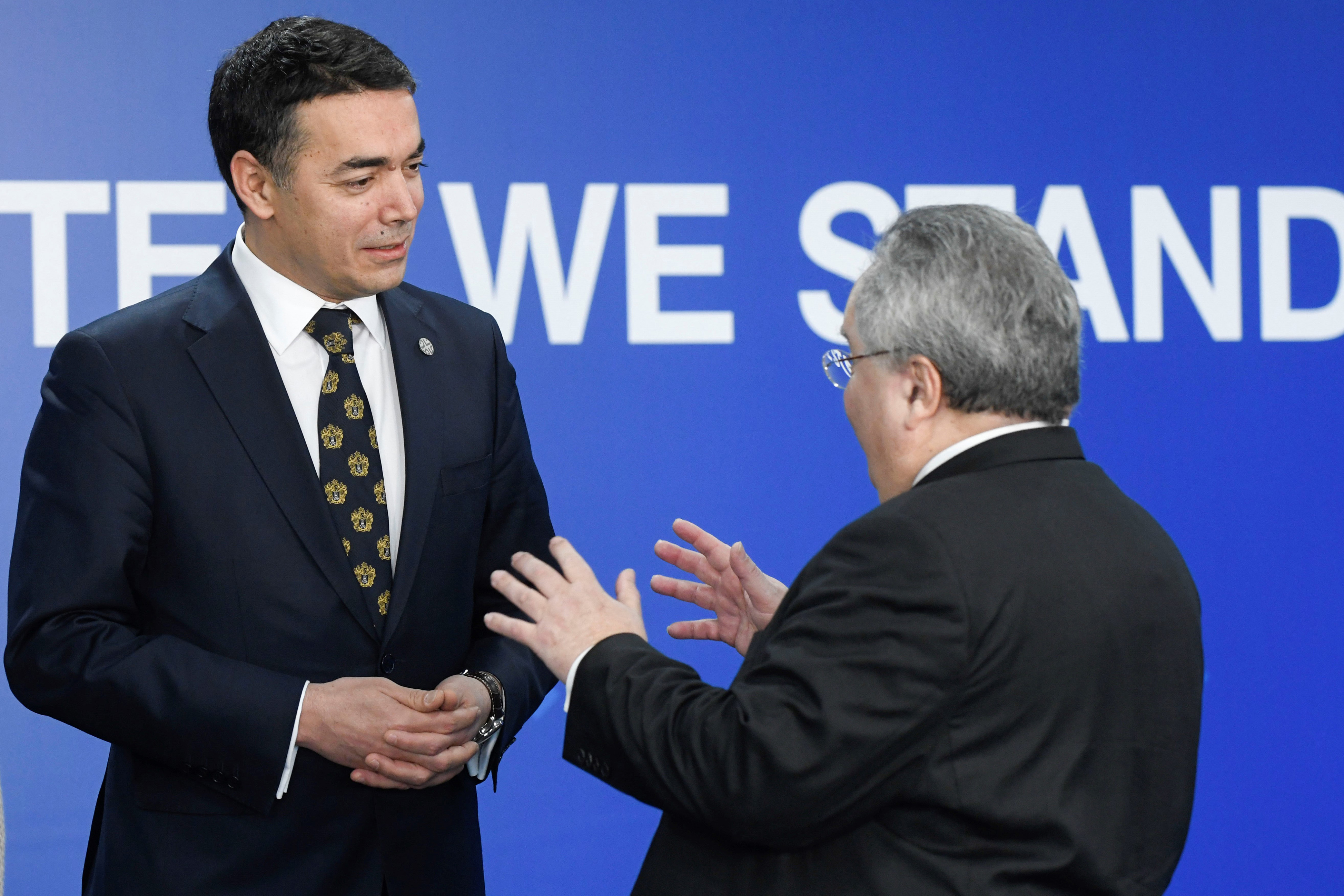The focus of negotiations between Athens and Skopje on the FYROM naming issue is the international agreement that will replace the 1995 interim agreement that produced the name Former Yugoslav Republic of Macedonia for international use.
A key is the transition to the use of the new name by all and the amendments to the FYROM Constitution that Athens is demanding in order to eradicate irredentist elements. Athens is reportedly willing to give Skopje a grace period, of as yet undetermined length, for changing the country’s name domestically.
Skopje remains adamant that the agreement must accept the existence of a Macedonian identity and language.
Though the Greek side concedes that the name of the language would be difficult to change, but it considers the issue of ethnicity more crucial, and seeks a qualifier before the name Macedonia.
In a recent poll conducted in Greece, about 70 percent reject any use of the name Macedonia by Skopje, and they say that a double name would also be unacceptable.
Meanwhile, 42.5 percent of respondents said the huge rallies in the 1990’s did not help resolve the dispute, and 16 percent said they had no impact.
At a personal level, 65 percent said the issue is very important to them.
In terms of party affiliation, on the extreme left 40 percent view the issue as important, while 49 percent of centre-leftists say the same, as do 71 percent of centrist voters, and 84 percent of right-wingers.
In Syriza, 60 percent of supporters consider the FYROM naming issue important, while 72.5 percent of New Democracy voters share that view.
Angelos Athanasopoulos



